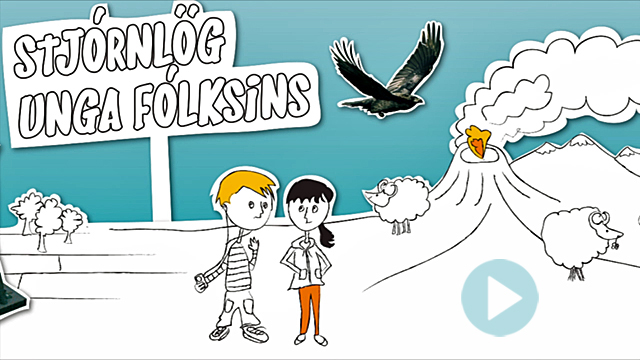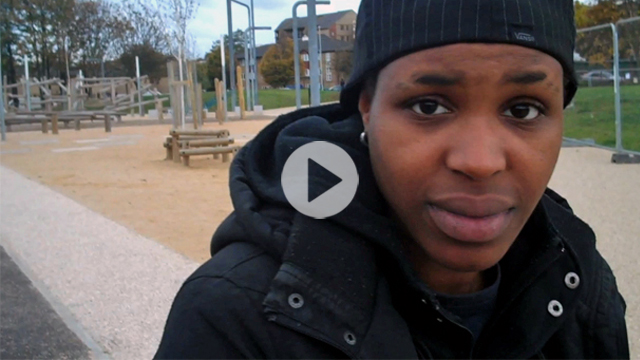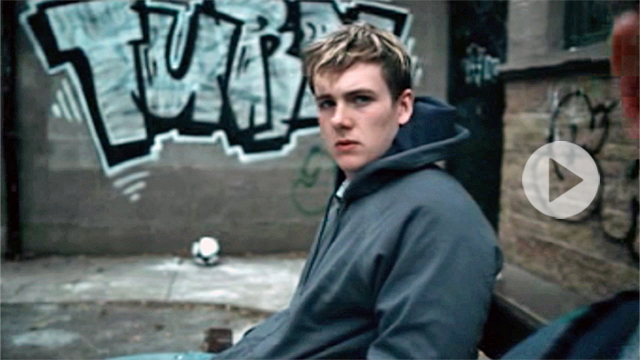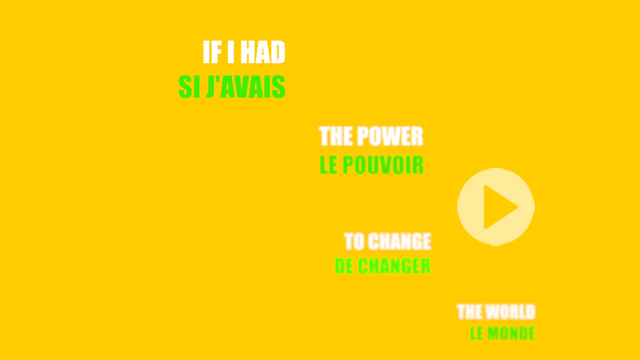|
|
|
|
|
Building a
child-friendly Europe:
Turning a vision
into reality
Conference on the
Council of Europe Strategy
for the Rights
of the Child 2012-2015
Under
the Presidency of H.R.H. The Princess of Hanover
Monaco, 20-21 November 2011
|

|
|
 In April 2006, all Council of Europe
partners gathered in Monaco at a
high-level conference to discuss
children's rights. The over 300
participants called for a genuine
political commitment, the establishment
of a platform to co-ordinate action and
the launch of a process to guarantee
that real progress was made and
children's rights remained on the
political agenda in the years to come.
The first result of the "Monaco process"
was the launching of the Council of
Europe programme, "Building a Europe for
and with children".
In April 2006, all Council of Europe
partners gathered in Monaco at a
high-level conference to discuss
children's rights. The over 300
participants called for a genuine
political commitment, the establishment
of a platform to co-ordinate action and
the launch of a process to guarantee
that real progress was made and
children's rights remained on the
political agenda in the years to come.
The first result of the "Monaco process"
was the launching of the Council of
Europe programme, "Building a Europe for
and with children".
Five years later,
much progress has been achieved by the
Council of Europe and its partners. The
protection of children's rights has been
improved in important policy areas such
as justice, new media and migration.
Effective action has been taken to
combat all forms of violence against
children. Most of the suggestions made
by children participating in the 2006
conference have materialised in
successful action. Since 2006, children
have been part and parcel of this
process and have participated in
innovative ways in the Council of
Europe's work.
Despite the
progress achieved, many challenges
remain, while new threats to children's
rights have emerged. With its present
2009-2011 strategy coming to an end, the
Council of Europe is currently preparing
a new strategy on the rights of the
child for the years 2012-2015. The 2011
Monaco conference marks the end of the
consultations leading up to the
presentation of the strategy for
adoption by the Committee of Ministers
of the Council of Europe in January
2012.
The
conference objectives aimed:
1. To
assess the progress achieved since the
launching of the Programme, "Building a
Europe for and with Children" in Monaco
in 2006;
2. To
discuss the priority axes of the new
Council of Europe strategy on the rights
of the child and identify actions to be
taken by the organisation, its member
states and other partners to ensure
respect for children's rights through
the various international
standard-setting texts and promote the
development of legislation, policies and
practices at national level.
Participants:
The conference brought together around
200 participants, including
representatives of governments,
parliaments, local and regional
authorities, international
organisations, civil society, private
companies and professional networks,
ombudspersons for children, researchers
and other independent experts, as well
as children and young people.
|
|
|
|
|
|
|
Videos:


-
"Icelantic Young People's Constitution Project"
"Video Message - Cynthia, United Kingdom"


"Irish Teen Mental Health TV spot"
"If I had the power to change the world"
|
|
|